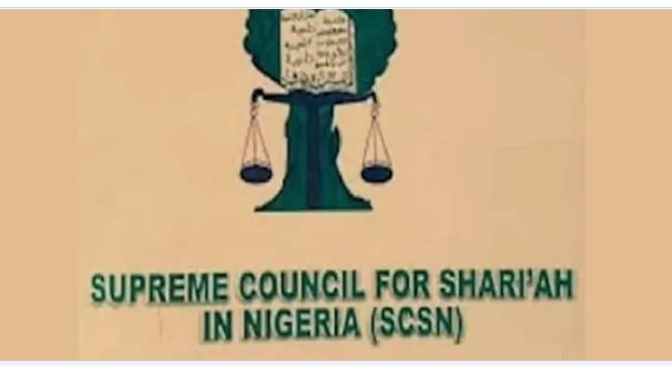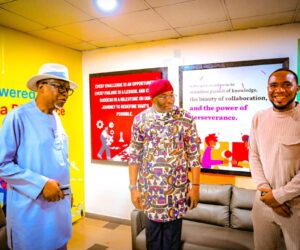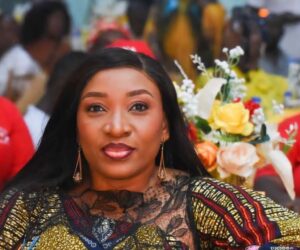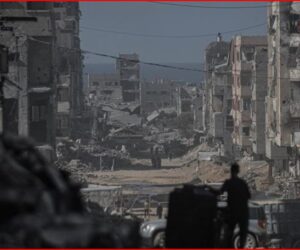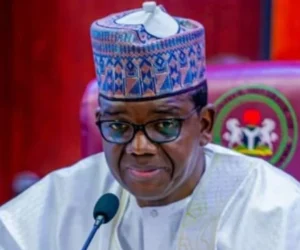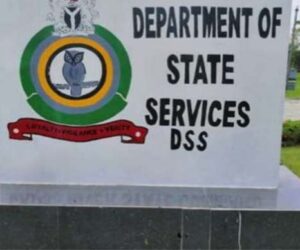1
Oscar Okhifo
Prominent Islamic scholars under the banner of the Northern Ulamas Forum have dismissed recent claims suggesting that a genocide is being carried out against Christians in Nigeria, describing such allegations as baseless, divisive, and capable of inflaming religious tension across the country.
The clerics maintained that no faith group is under systematic attack, insisting that Nigeria’s security crisis is driven by criminality, terrorism, and governance failures rather than religion.
Speaking at the end of a one-day Northern Muslim Scholars Summit held in Kaduna, the Ulamas maintained that the security challenges confronting the nation stem from criminality, terrorism, and governance lapses, rather than a religious agenda against any faith group.
In a communiqué issued after the summit and jointly signed by leading Islamic clerics, including Sheikh (Prof.) Khalid Abubakar Aliyu of the Jama’atu Nasril Islam (JNI), Sheikh Abdullahi Bala Lau of the Jama’atu Izalatil Bid’ah Wa Iqamatis Sunnah (JIBWIS), Sheikh Nasir Kabara of the Qadiriyya Movement, Dr. Bashir Aliyu Umar, and Barrister Hajara Jibril of the Federation of Muslim Women’s Associations in Nigeria (FOMWAN), the religious leaders warned that the genocide narrative being pushed by certain groups and individuals was dangerous and divisive.
“Nigeria’s security challenges are rooted in criminality and bad governance, not religion. To label them as genocide against one faith is an attempt to rewrite the truth and divide our people,” the communiqué stated.
The forum argued that both Muslims and Christians across the country have suffered immensely from insecurity, including killings, abductions, and displacement, occasioned by terrorism, banditry, and communal conflicts.
“Such claims are not only misleading but dangerous. They undermine national unity and play into the hands of those who benefit from conflict and chaos,” the clerics warned.
The Ulamas also cautioned international organisations, foreign media, and advocacy groups against spreading narratives that portray Nigeria as a country engaged in religious genocide, stressing that such representations could heighten tension and mistrust among citizens.
“We call on international partners to seek facts from credible local institutions before making pronouncements capable of further dividing our people,” the statement added.
While condemning all forms of violence and injustice within Nigeria, the Islamic scholars also expressed solidarity with oppressed peoples across the world, particularly Palestinians in Gaza, whom they said are facing a real case of genocide and occupation.
“What is happening in Gaza is a true reflection of genocide and ethnic cleansing. The world must rise to stop the injustice against the Palestinian people,” they stated.
The forum further appealed to the Federal Government to intensify efforts toward addressing insecurity, poverty, and unemployment, which they identified as major drivers of crime and extremism in the country.
They urged Nigerian leaders at all levels to promote justice, equity, and fairness to ensure lasting peace and unity.
“The government must be deliberate in addressing the root causes of insecurity and rebuilding trust among the diverse communities in Nigeria,” the communiqué concluded.
The statement by the Northern Ulamas comes amid renewed debate in some Western policy circles and Christian advocacy groups accusing Nigerian authorities of turning a blind eye to religious persecution and targeted attacks on Christians, particularly in parts of the Middle Belt and Northwest.
However, the Islamic scholars insisted that such reports oversimplify Nigeria’s complex security situation and ignore the fact that both faith communities have been victims of the ongoing violence.
The Kaduna meeting was attended by leaders of major Islamic organisations, including the Jama’atu Nasril Islam (JNI), JIBWIS, Muslim Students’ Society of Nigeria (MSSN), Qadiriyya and Tijjaniyya movements, and representatives of women and youth groups.

